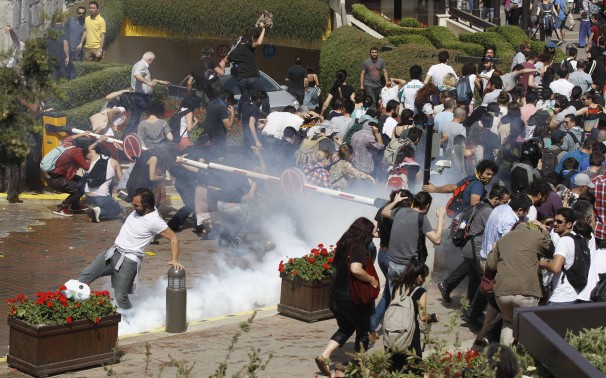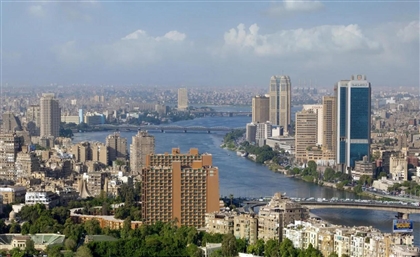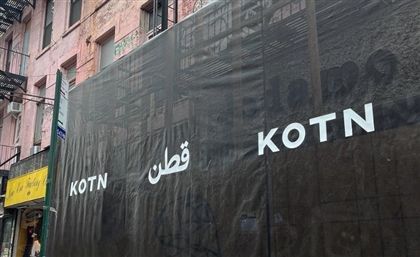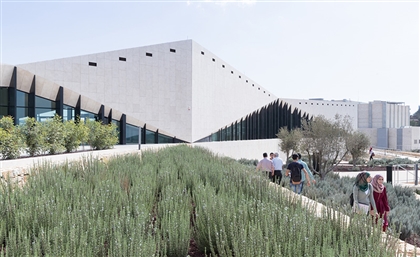Springtime in Turkey?
The last three days have shown that even the most advanced Middle Eastern states aren't immune from uprising. Could this be the start of the Turkish Spring?

Social media has been awash with comments on the situation in Turkey over the last three days, where a seemingly spontaneous protest against the development of one of the few remaining green public areas, has exploded into a nationwide anti-Erdoğan uprising. The area in question is a place where, historically, political activists and speakers have congregated, though the government has agreed to have a mall built on the land.
For those not clued up about Turkey’s current affairs, Erdoğan, from the ruling AKP party, has been in power Turkey for 10 years and successfully managed to remove the powerful Turkish secular generals from the helm, ushering in a period of relative peace and democracy. Erdoğan was also credited with nurturing Turkey’s booming economy and for pushing through the joining of the Euro trade zone. With his supposedly moderate Islamic views and tough stance against the army, he was seen as the poster child of how political Islam could function and allow for pluralism inside a democratic country. However, in the last three days, this image has slowly started to crumble.
Over the last three to four years, Erdoğan has taken a far more Islamic stance which seems to have aggravated the traditionally secular majority. He has banned alcohol on university campuses and public areas and has started to normalise more traditional and strict Islamic values. Coupled with dangerous forays into restricting freedom of expression, arresting and prosecuting a huge number of anti-AKP journalists as well as going after soap operas which he felt were inappropriate, the people of Turkey seem to think Erdoğan is turning into a dictator.
Up until now, he has been able to push through new laws as he pleases, as the strong economy and weak opposition have helped him maintain the stability even as he made drastic changes. The events over the last three days were his first public tests against a real form of opposition and one that he sadly failed miserably. Using the heavy handed tactics of nearly every fallen dictator, he instructed very aggressive police tactics including beatings and heavy tear gas fire against protestors, ensuring that state TV did not cover the events. He also then proceeded to block Facebook and Twitter to limit the spread of information, throttling their bandwidth. What Erdoğan has failed to learn after Egypt, Libya and Syria’s experiences, among others, is that police brutality and heavy handedness tends to make things worse. As a result, the small, peaceful protest against the building of a new mall, turned into hundreds of thousands descending into the streets, across 47 Turkish cities.
In scenes similar to those of Tahrir, the protestors managed to push back the police out of Gezi Square, chanting about Mustafa Kemal Atatürk (Turkey’s first president who helped transform Turkey into a modern, secular European state), with many brandishing beers in clear defiance to the newly issued ban on alcohol in public areas. Many of the protestors believe Erdoğan is drunk with power and has turned into a dictator. More worrying however is the stance taken by Erdoğan in reaction to the original protests. Instead of listening to the people, he has stated that construction of the mall will take place regardless and even threatened the protestors on Twitter by saying: “If you bring 20,000 to the streets, we will bring 200,000.” This was followed by a speech which was eerily similar to those of Syria’s President Bashar Al Assad, claiming that there were terrorists amongst the Turkish protestors. The Interior Ministry then reported over 900 arrests. These events have prompted analysts to suggest that maybe political Islam is not a workable model, as modern freedoms are hard to let go of, and even a booming economy cannot keep people content in the face of dictatorship in the Middle East.
- Previous Article I Got Banged!
- Next Article Isn't That Dandy?
Trending This Week
-
Apr 23, 2024
-
Apr 18, 2024
























